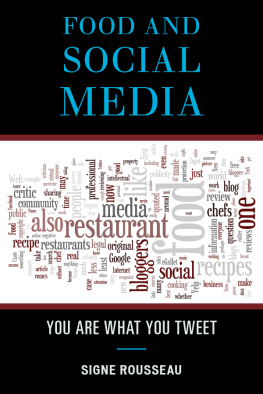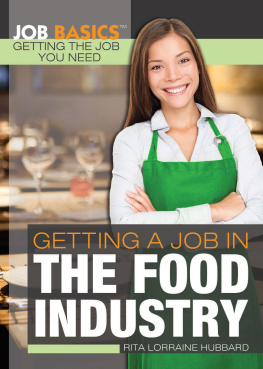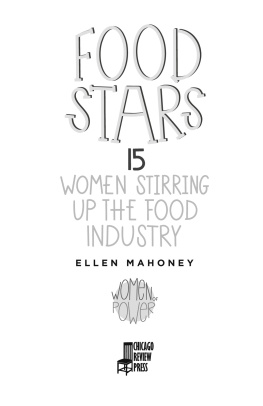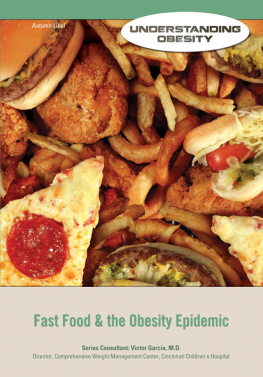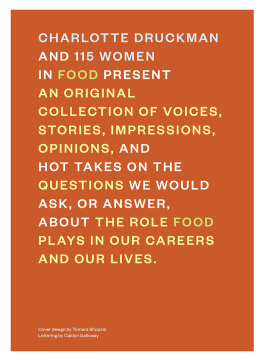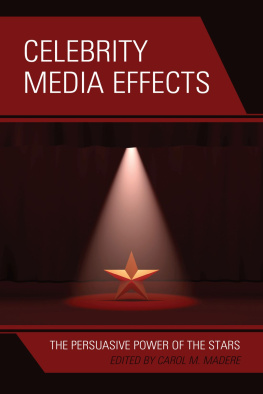This electronic edition published in 2012 by Bloomsbury Publishing Plc
English edition
First published in 2012 by
Berg
Editorial offices:
50 Bedford Square, London WC1B 3DP, UK
175 Fifth Avenue, New York, NY 10010, USA
Signe Rousseau 2012
Berg is an imprint of Bloomsbury Publishing Plc.
All rights reserved
You may not copy, distribute, transmit, reproduce or otherwise
make available this publication (or any part of it) in any form, or by any means
(including without limitation electronic, digital, optical, mechanical, photocopying,
printing, recording or otherwise), without the prior written permission of the
publisher. Any person who does any unauthorised act in relation to this publication
may be liable to criminal prosecution and civil claims for damages
Library of Congress Cataloging-in-Publication Data
A catalogue record for this book is available from the Library of Congress.
British Library Cataloguing-in-Publication Data
A catalogue record for this book is available from the British Library.
e-ISBN 978 0 8578 5083 6
Visit www.bloomsbury.com to find out more about our authors and their books
You will find extracts, author interviews, author events and you can sign up for
newsletters to be the first to hear about our latest releases and special offers
For my Philosophe
Contents
Id like to napalm the lot of them.
Keith Floyd (19432009), on television chefs, or their producers
When I was working on my doctoral dissertation, I used to enjoy telling people that I would be the first person with a PhD on Jamie Oliver. It was in jest, of course: while it may have been true that I was one of still only a handful of people who could claim watching copious amounts of food television as research, it was not true that my subject was Jamie Oliver. This would become apparent after the inevitable question of whether I had met him or eaten in any of his restaurants yet. (I have not.) As much as I would have liked to claim as a research expense a trip to London for that purpose, it would have been useless to my work, which was never about Jamie Oliver the person or even Jamie Oliver the chef.
What drove my work in those days was a fascination with the celebrity chef. Not just the chef on television or the chef who sells (hundreds of) thousands of cookbooks, but the chef who gets onto a stage in front of thousands of people and behaves like a rock star, which is what Oliver did in 2001 with his first live show, Happy Days Live. As one of the online reviews for the DVD version of that tour described it, Filmed live in front of a sell-out crowd, Jamies brand new show takes live cooking to a level of entertainment that has never been seen before! It may seem hard to imagine now, but no more than a decade ago, this really was cooking at a level of entertainment never seen before. Hard to imagine because it has already become quite normal for chefs to become famous with the same kind of wealth, glitz and attention as more traditional celebrities like movie stars and musicians.
Attention is key here because as fascinating as the spectacle of Olivers performance wasand continues to be in its various later guisesI was always more struck by the behaviour of his audiences; all those people who paid him their money and attention, not to mention the screaming fans who treated him like a bona fide rock star. (Of course, we may assume that Oliver did actually want to be a rock starhe was the drummer and a founding member of the band Scarlet Divisionso the fact that his live shows typically feature the chef drumming and behaving like a musician does encourage that particular reception.) But the live shows are only one index of an acclaim achieved mainly through television, and here (celebrity chef) Anthony Bourdains comments about the wider phenomenon of chef stardom are worth considering. Being a chef, he reminded his audience at a 2009 Food for Thought panel, is
a profession that is [sic] welcoming to misfits throughout historythe second smartest son in the family in France was the one who wasnt sent to university, and who ended up going to trade school the people who couldnt, or didnt want to, make it in the straight world, ended up finding a welcoming place in restaurants all of us who got in the business because we presumably had bad communication skills, unlovely personal habits, couldnt get along with anybody, why all of a sudden do we all have TV shows?
Good question. As I have come to understand it, the history of modern celebrity chefs (and by modern I mean since approximately the mid-twentieth century, when technological developments allowed for mass media exposure) is more complex than a simple journey from kitchen to television (to stage, for some)even before we grant that not all celebrity chefs are actually chefs in the professional sense of the word, meaning that some bypass the kitchen stage altogether. I believe it is also more complicated than Bourdains own answer to that question, which is that it is the new pornography: its people seeing things on TV, watching people make things on TV that they are not going to be doing themselves any time soon, just like porn. While there might be some truth in this, we cannot assume it to be absolutely true that no one takes any practical knowledge away from food television (and certainly not if we judge by reports of the so-called [insert chefs name] effect, which results in supermarket shortages following the publication and/or broadcasting of recipes which turn out to have enormous popular appeal). Nor indeed can we presume that there is no value in a purely aesthetic experience of watching culinary dexterity at work. But Bourdains answer is a useful reminder that the story of modern celebrity chefs tells us more about consumers and their relationships to food than it does about the celebrities themselves.
At the most superficial level, the industry of celebrity chefsand of food media more generallypoints to an apparently insatiable popular appetite for all things food-related. But things become more complicated once we acknowledge that the business of food media has become far too diverse to be described with broad brushstrokes, which also means that its consumers are far from a homogeneous group: food media as they exist today cater to everyone from complete beginners in the kitchen to accomplished cooks; from foodies or self-confessed food porn addicts to those who enjoy watching humiliations and victories in competitive settings; from food activists (including healthy, local, sustainable or organic eaters) to those who delight in thumbing their noses at the so-called food police.
The notion of policing food, and whether this constitutes a modern need or unwarranted interference, is a provocative issue which has increasingly concerned me as I have witnessed Jamie Oliver transforming himself from rock star celebrity chef to self-styled social activist. He may have been one of the first, but among his celebrity chef colleagues, he is no longer alone in his efforts. Historically used to describe the food-related prescriptive activities of government agencies or consumer advocacy groups, the term food police could today equally describe the agendas of a growing number of celebrity chefs and other food media personalities, though from the perspective of the consumer, it remains debatable whether they occupy the role of good cop or bad cop. Celebrity chefs do not (yet) wield the authority to impose structural changes on the way people eat, but they have more and more influence over those who do hold that power, and they certainly have a significant impact on a growing number of individual consumers.


